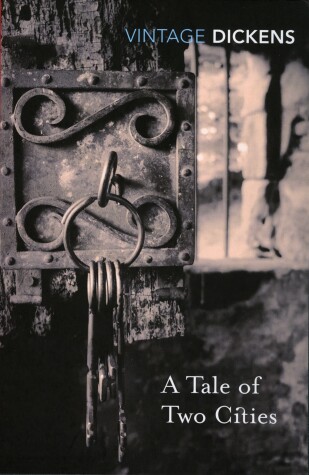
Shreela
Written on Jan 1, 2023

Bookhype may earn a small commission from qualifying purchases. Full disclosure.
'It was the best of times, it was the worst of times...'
Lucie Manette has been separated from her father for eighteen years while he languished in Paris's most feared prison, the Bastille. Finally reunited, the Manettes' fortunes become inextricably intertwined with those of two men, the heroic aristocrat Darnay and the dissolute lawyer Carton. Their story, which encompasses violence, revenge, love and redemption, is grippingly played out against the backdrop of the terrifying brutality of the French Revolution.
‘Dickens's magnificent account of the revolution and one of his best (and shortest) novels’ Observer




It was the best of times, it was the worst of times, it was the age of wisdom, it was the age of foolishness, it was the epoch of belief, it was the epoch of incredulity, it was the season of Light, it was the season of Darkness, it was the spring of hope, it was the winter of despair, we had everything before us, we had nothing before us, we were all going direct to Heaven, we were all going direct the other way - in short, the period was so far like the present period, that some of its noisiest authorities insisted on its being received, for good or for evil, in the superlative degree of comparison only.Hi, sentence that's a paragraph long, nice to meet you. Nineteenth century writing in general has a treacly quality, a slowness in words that can somehow convey lightness. Maybe I'm drifting off into poetics here, but truly, I enjoy how Dickens and many of his contemporaries write.
